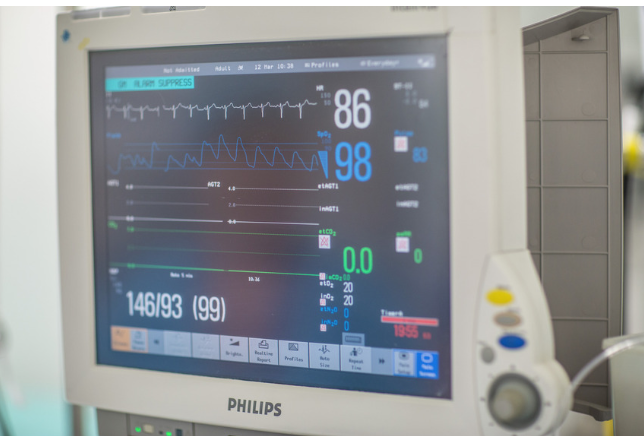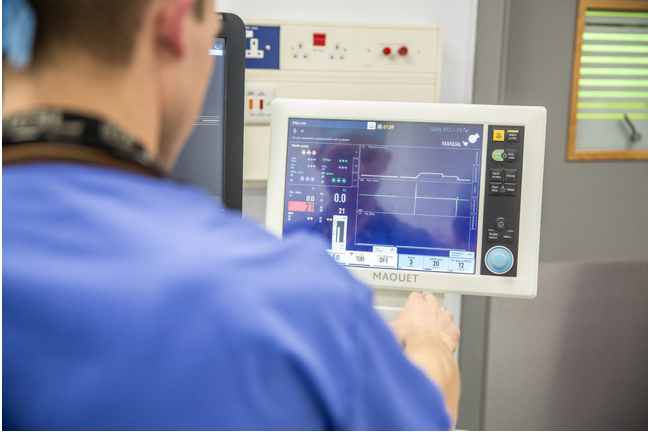Acute Care Common Stem
Who is Acute Care Common Stem (ACCS) training for?
For doctors who wish to have a broad-based training in acute hospital specialities, before entering further training in one of the ‘parent specialities’; anaesthesia, acute medicine, or emergency medicine. It is an alternative to Core training in Anaesthetics and Medicine. It is the only route into Emergency medicine and the recommended route into Intensive Care training. ACCS training provides experience in these four areas of hospital practice, whilst working towards a CCT in the ‘parent specialty’.
What is the structure of training?
Training is overseen by ICACCST, the Intercollegiate Colleges of ACCS training, and is a collaboration between the Royal Colleges, and the Faculty of Intensive Care Medicine. Their website provides the most detail www.accs.ac.uk
Entry to the program is by national competitive interview. You will interview for your chosen parent speciality – either anaesthesia, acute medicine or emergency medicine.
The acute common care stem consists of four placements, each of six months full time duration. Less than full time residents will work pro rata. On completion of these two years the resident will then enter training in their parent speciality in ACCS 3.
For those training in the parent speciality of Anaesthesia, ACCS training will last 4 years. They will usually undertake the first three years of training within one Health Board. After completion of ACCS CT4, a further competitive interview process facilitates entry into Stage 2 anaesthesia training at ST4, in a similar manner to those who have undertaken Core Anaesthesia training.
The Training
Whilst rotating through the four areas residents will complete a number of clinical and non clinical ‘Learning Outcomes’. These include learned knowledge, practical procedures and generic skills such as teaching and quality improvement. Every resident will have an Educational Supervisor fromm their parent speciality, and a Clinical Supervisor when in other placements.
Full curriculum information on this can be found here : 2021 Curriculum
The following handbook gives an overview of ACCS training in Wales: ACCS Handbook


Contacts
Training Programme Director: Dr Louise Allman
Consultant Anaesthetist, Aneurin Bevan UHB
Email: Louise.Allman2@wales.nhs.uk
Wales ACCS Anaesthesia Lead: Dr Natalie Mincher
Consultant Anaesthetist, Aneurin Bevan UHB
Email: Natalie.Mincher@wales.nhs.uk
Head of School ACCS: Dr Ash Basu
Consultant in Emergency Medicine, Wrexham Maelor Hospital
Email: ash.basu2@wales.nhs.uk
Further trainer contact details can be found in this document: ACCS Handbook
Information for Current ACCS Residents
Teaching
There is a teaching program provided by the ACCS school for those in ACCS CT1 and ACCS CT2. This consists of 8 sessions. Each is held twice per year, giving four opportunities to attend. A full program can be found here on the AWSEM website:
Teaching Calendar - AWSEM Website
ARCP
As with all doctors, ACCS residents will be subject to an annual appraisal in the form of an ARCP. Information about ARCP can be found here:
RCOA Lifelong Learning Platform
The LLP is used by Anaesthesia ACCS parent speciality residents, as it is for Core, HIgher and FICM residents. The ACCS specific curriculum is embedded within the LLP.
For issues or access to the LLP please use: lifelong@rcoa.ac.uk
Your local LLP lead is Dr Matthew Williams.
Educational Development Time
Letter of support from Tom Lawson, HEIW Dean and Head of School Dr Ash Basu to all the Health Boards regarding EDT for ACCS Trainees.
EDT
Useful Paperwork
Most forms can be found on the Lifelong Learning Platform. These that are not available are found on the AWSEM website. The link to the AWSEM website and all forms available can be found below:
This optional aid can be used to keep track of which curriculum requirements have been met as you progress through your first 2 years of training.








